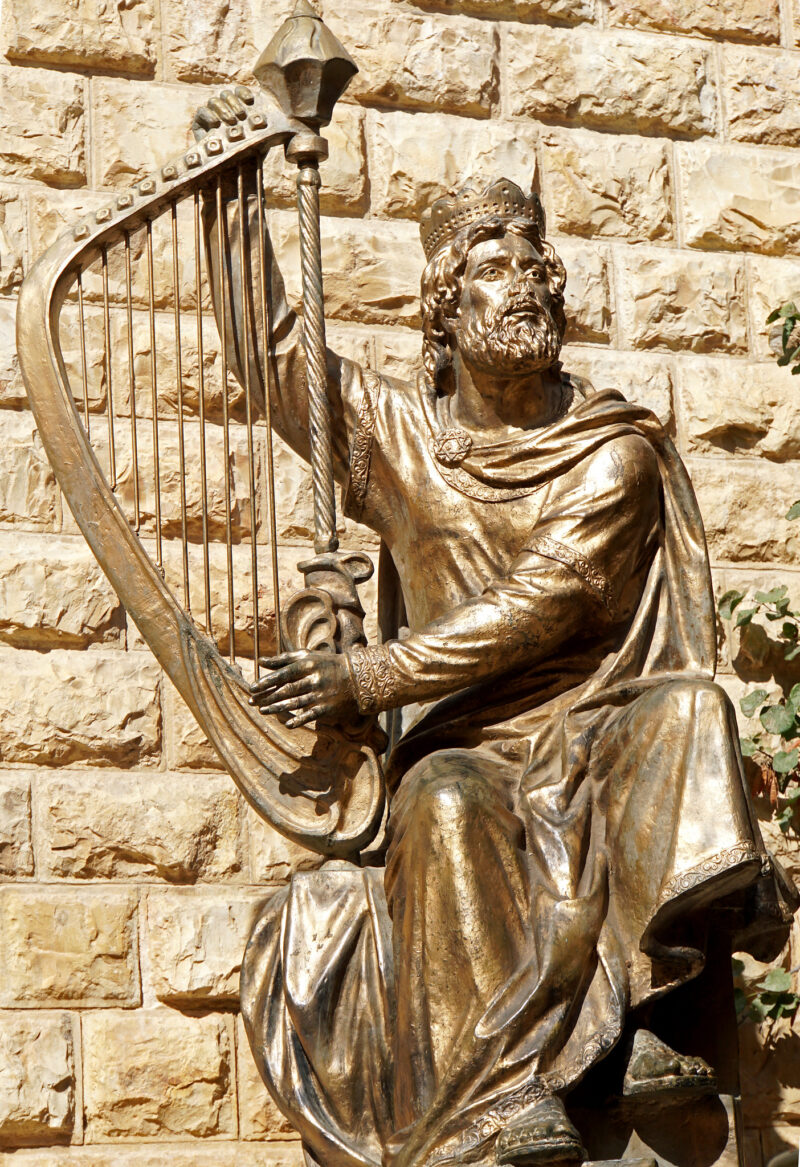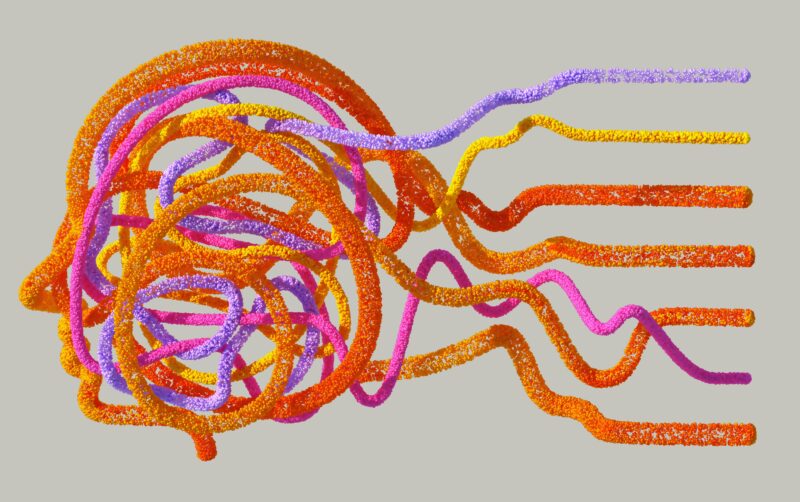This course aims to provide a fresh perspective on how we experience our places of worship. It is designed for anyone interested in exploring how Sacred Scripture and Sacred Architecture connect, and understanding the biblical and spiritual meanings derived from the Churches around us.
The course comprises five sessions, each held in a different church. The Churches featured in this course include the Annunciation Church in Balzan, St Mary’s Church and St Helen’s Basilica in Birkirkara, the Rotunda in Mosta, and St John’s Co-Cathedral in Valletta.
Suitable for everyone, regardless of their academic background in architecture or biblical studies, this course requires no prior experience.
Anyone with an interest in the link between sacred architecture and the Bible
Target Audience Age: 18+
The course will take place on Saturdays from 9:30am – 11:30am
| Date | Session | Venue |
| 27th September 2025 | The Church as a Garden | Annuciation Church, Ħal Balzan |
| 4th October 2025 | The Church as a Temple: Part 1 | St Mary’s Church, Birkirkara |
| 11th October 2025 | The Church as a Temple: Part 2 | St Helen’s Basilica, Birkirkara |
| 18th October 2025 | The Church as Cosmos | Mosta Rotunda |
| 25th October 2025 | The Church as Heavenly Jerusalem | St John’s Co-Cathedral, Valletta |
This course has three exit certificate options:
1. Certificate of Attendance
The student will receive a Certificate of Attendance when attending a minimum of 80% of all contact hours for this course.
2. Certificate of Participation
The student will receive a Certificate of Participation when attending a minimum of 80% of all contact hours for this course and pass from short multiple-choice exam.
3. Certificate of Achievement
To obtain a Certificate of Achievement, students must attend a minimum of 80% of all contact hour and pass from a short multiple-choice exam and an assignment.
This course is offered by the Pastoral Formation Institute in collaboration with the Malta Bible Foundation.


Language: Applicants must be proficient in both Maltese and English.
Digital: Applicants must be digitally literate particularly, in use of office suites and internet access.














